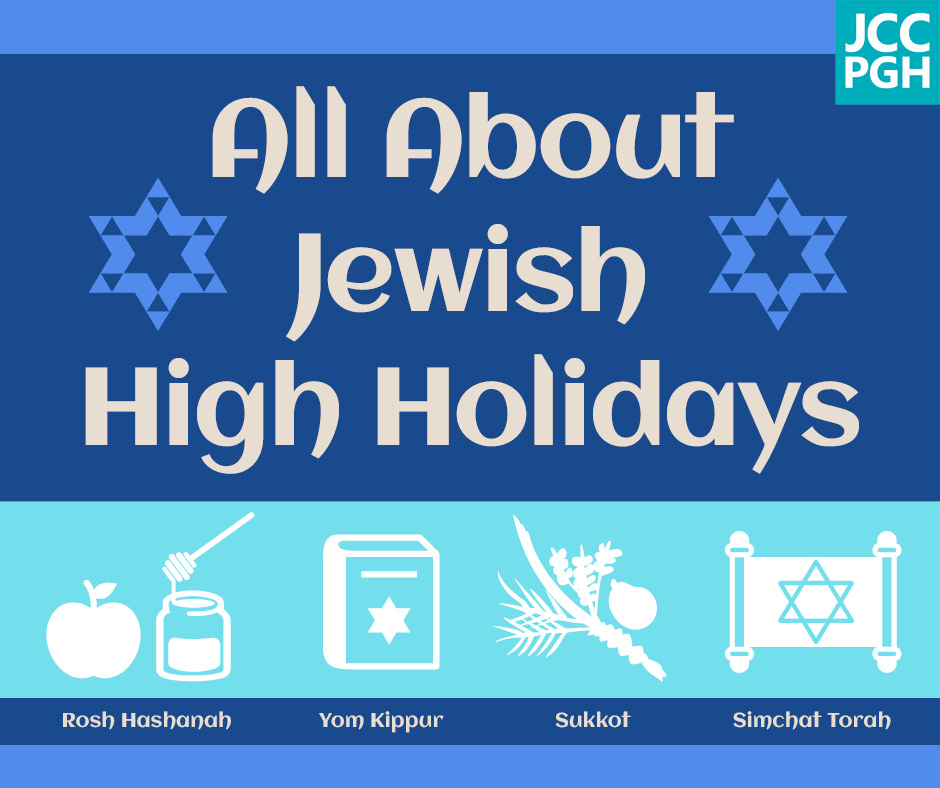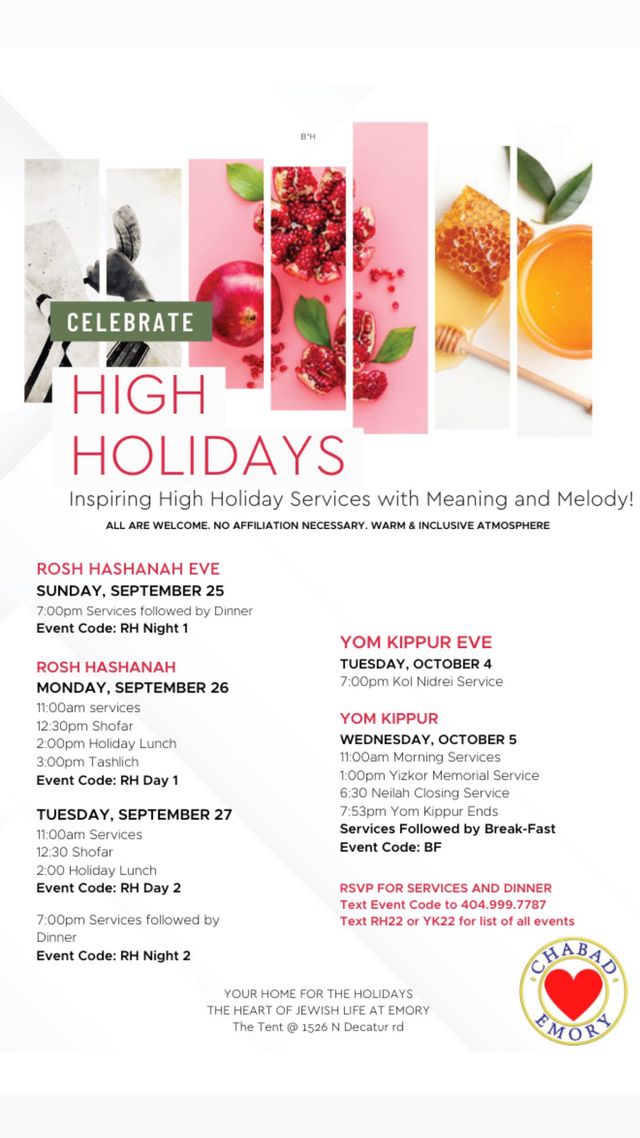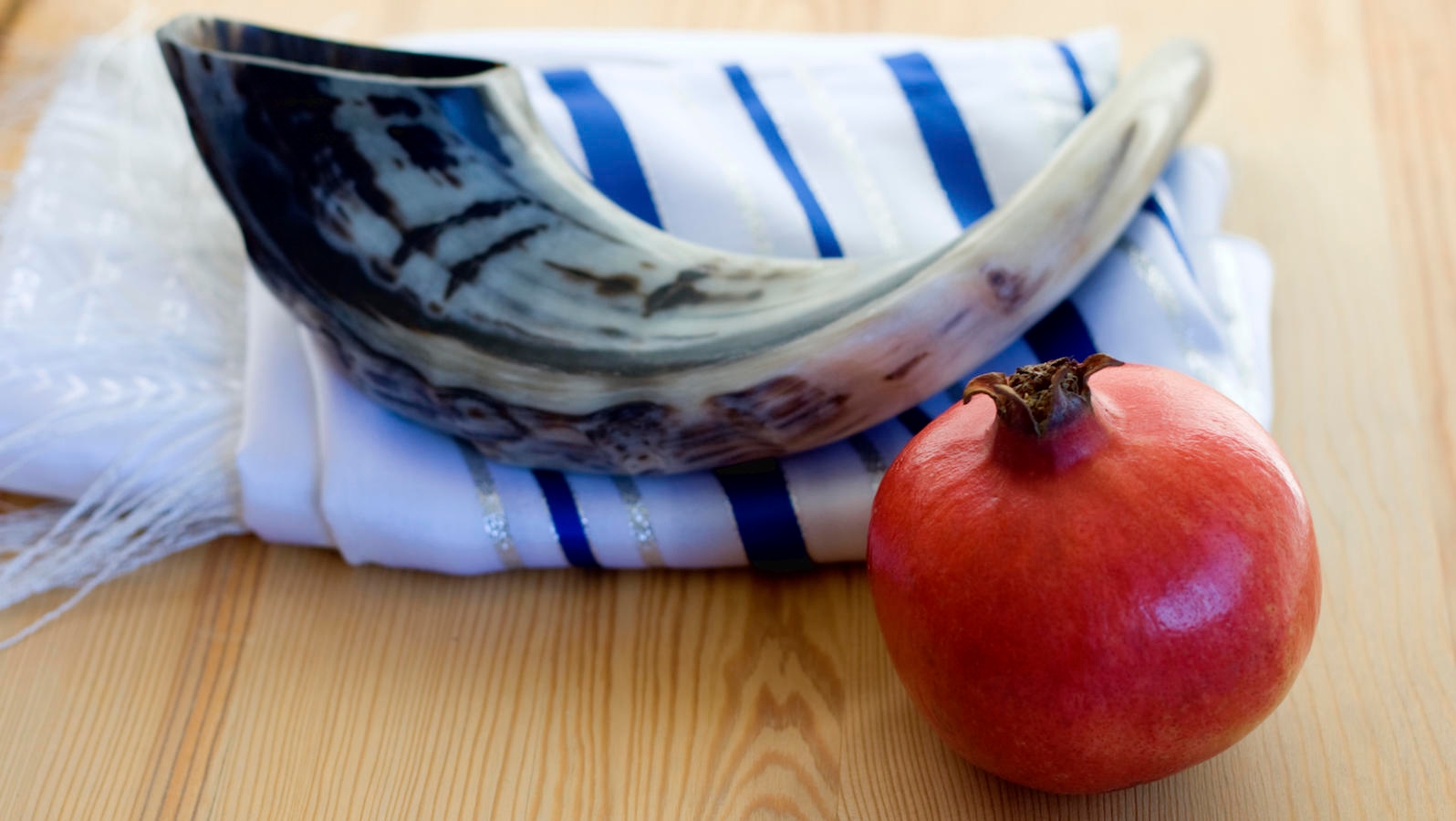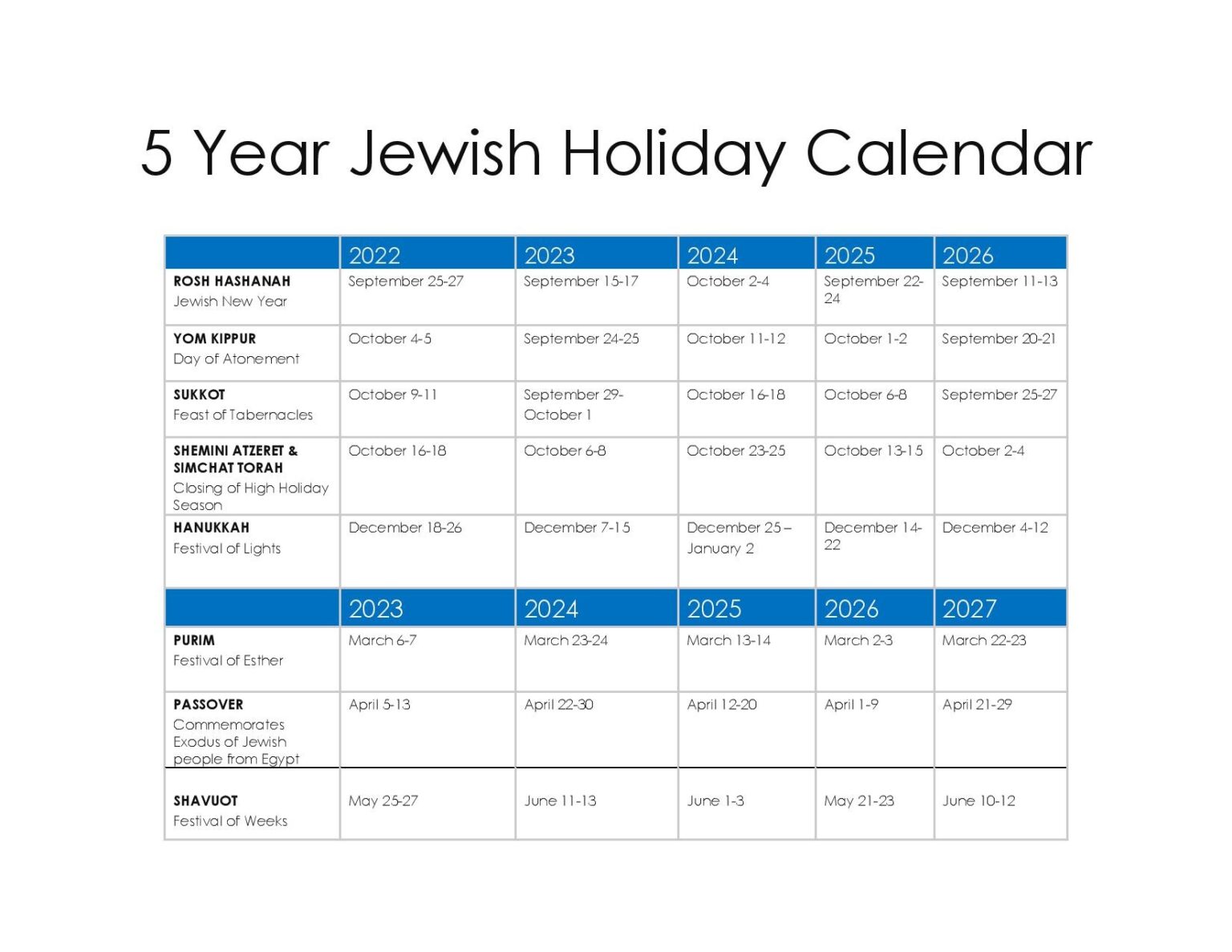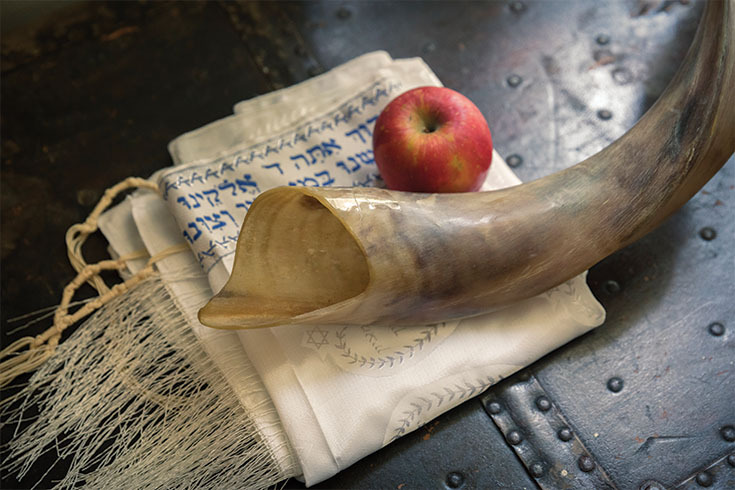Unveiling the World of Free Travel: A Comprehensive Guide to Holiday Deals in 2025
Related Articles: Unveiling the World of Free Travel: A Comprehensive Guide to Holiday Deals in 2025
Introduction
In this auspicious occasion, we are delighted to delve into the intriguing topic related to Unveiling the World of Free Travel: A Comprehensive Guide to Holiday Deals in 2025. Let’s weave interesting information and offer fresh perspectives to the readers.
Table of Content
Unveiling the World of Free Travel: A Comprehensive Guide to Holiday Deals in 2025

The allure of travel is undeniable, yet the financial constraints often serve as a formidable barrier. However, the prospect of embarking on adventures without the burden of upfront costs is a dream that many travelers cherish. This is where the concept of "holidays no deposit" emerges, offering a tantalizing opportunity to explore the world without breaking the bank.
Understanding "Holidays No Deposit"
"Holidays no deposit" refers to a travel arrangement where consumers secure their holiday packages without paying any deposit upfront. This allows travelers to plan their trips with peace of mind, knowing that they are not locked into a financial commitment until closer to their departure date. The absence of a deposit eliminates the financial pressure associated with booking travel, making it accessible to a wider range of individuals.
Benefits of "Holidays No Deposit" Arrangements
The "holidays no deposit" approach offers several advantages for travelers:
- Financial Flexibility: The absence of a deposit provides travelers with greater financial flexibility. This is particularly beneficial for those with fluctuating incomes or who are saving for their trip.
- Reduced Risk: By not paying a deposit upfront, travelers minimize their financial risk. If unforeseen circumstances arise and they need to cancel their trip, they are not obligated to pay any cancellation fees.
- Enhanced Planning: The freedom from upfront financial commitments allows travelers to plan their trips more effectively. They can explore different destinations, compare prices, and make informed decisions without the pressure of a looming deposit deadline.
- Access to Last-Minute Deals: "Holidays no deposit" arrangements often open doors to last-minute deals and discounted packages. These offers can be particularly attractive for travelers who are flexible with their travel dates and destinations.
How "Holidays No Deposit" Works
The mechanics of "holidays no deposit" arrangements vary depending on the travel provider. Generally, these packages involve:
- Securing the Booking: Travelers book their holiday package through a travel agent or directly with a tour operator.
- Agreement on Terms: The booking agreement clearly outlines the terms and conditions, including the absence of a deposit requirement.
- Payment Schedule: The full payment is typically due a certain number of days or weeks before the departure date.
- Cancellation Policies: The booking agreement specifies the cancellation policies, including any potential fees that may apply.
Finding "Holidays No Deposit" Packages
Several avenues exist for finding "holidays no deposit" packages:
- Online Travel Agencies: Websites like Expedia, Booking.com, and Kayak often offer "holidays no deposit" options.
- Tour Operators: Reputable tour operators specializing in specific destinations frequently offer "holidays no deposit" packages.
- Travel Agents: Local travel agents can provide personalized advice and access to "holidays no deposit" deals from various suppliers.
- Direct Bookings: Some hotels, airlines, and cruise lines may offer "holidays no deposit" packages directly through their websites.
Important Considerations for "Holidays No Deposit" Packages
While "holidays no deposit" arrangements offer numerous benefits, it’s crucial to approach them with caution and consider the following factors:
- Cancellation Policies: Carefully review the cancellation policies and understand the potential fees that may apply if you need to cancel your trip.
- Payment Deadlines: Be aware of the payment deadlines and ensure you can meet them to avoid cancellation or penalties.
- Reputation of the Provider: Choose reputable travel providers with a history of reliable service and customer satisfaction.
- Insurance Coverage: Consider purchasing travel insurance to protect yourself against unforeseen circumstances that may disrupt your trip.
Frequently Asked Questions about "Holidays No Deposit"
Q: What happens if I need to cancel my trip booked with "holidays no deposit"?
A: Cancellation policies vary depending on the provider. Some may offer a full refund, while others may impose cancellation fees. It’s crucial to review the terms and conditions carefully before booking.
Q: Are "holidays no deposit" packages available for all destinations?
A: Availability may vary depending on the destination, time of year, and travel provider. It’s advisable to check with multiple providers to compare options.
Q: Are there any hidden fees associated with "holidays no deposit" packages?
A: Reputable providers will clearly disclose all fees, including any potential cancellation fees, in the booking agreement. It’s essential to read the terms and conditions carefully before booking.
Q: How do I know if a "holidays no deposit" provider is trustworthy?
A: Research the provider’s reputation online, read reviews, and check if they are registered with a reputable travel organization.
Tips for Making the Most of "Holidays No Deposit" Packages
- Book Early: "Holidays no deposit" packages are often limited in availability, so it’s advisable to book early to secure the best deals.
- Be Flexible with Dates and Destinations: Consider flexible travel dates and destinations to access a wider range of "holidays no deposit" options.
- Compare Prices: Compare prices from multiple providers to ensure you are getting the best value for your money.
- Read the Fine Print: Carefully review the terms and conditions of the booking agreement before confirming your booking.
Conclusion
"Holidays no deposit" packages offer a unique opportunity to experience the joy of travel without the financial burden of upfront costs. By understanding the benefits, considerations, and mechanics involved, travelers can leverage these arrangements to unlock exciting travel opportunities. Remember to choose reputable providers, carefully review the terms and conditions, and plan your trip with peace of mind. With a little research and careful planning, "holidays no deposit" can be the key to unlocking unforgettable travel experiences.








Closure
Thus, we hope this article has provided valuable insights into Unveiling the World of Free Travel: A Comprehensive Guide to Holiday Deals in 2025. We appreciate your attention to our article. See you in our next article!
